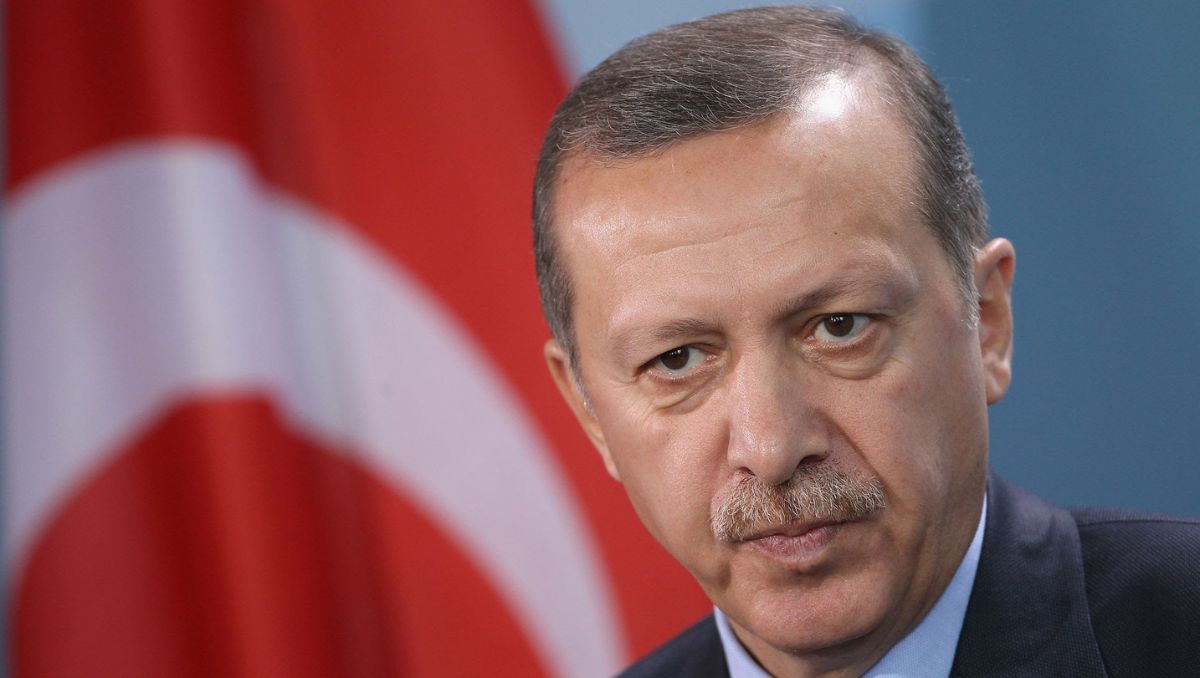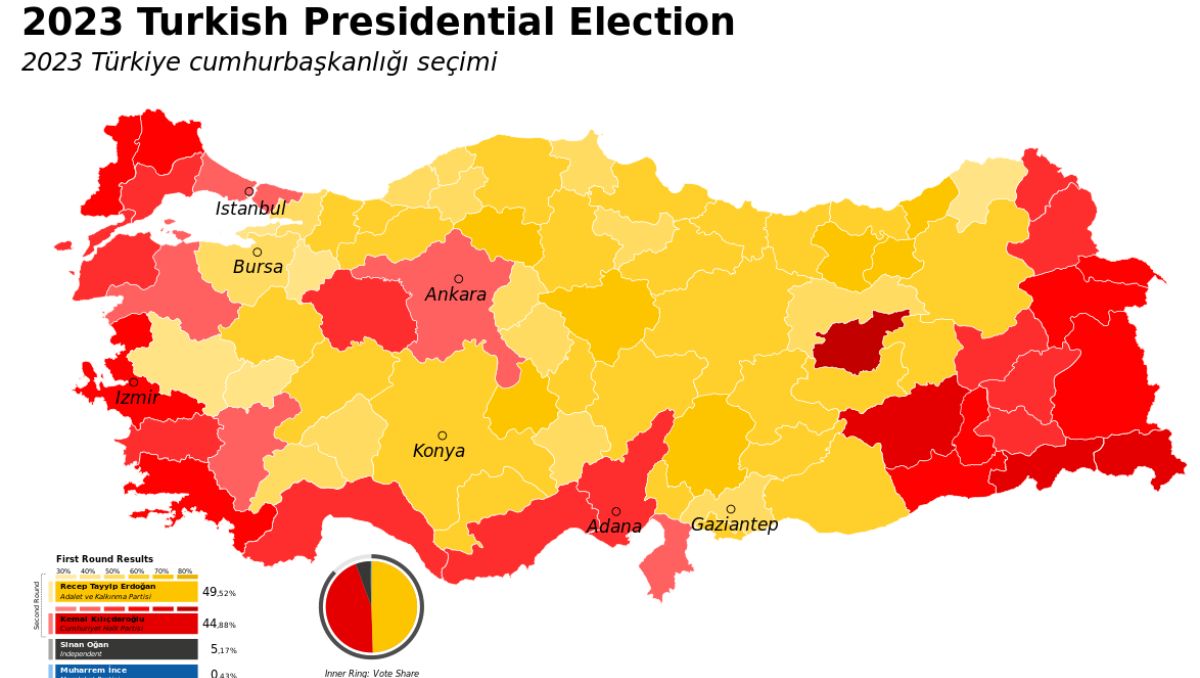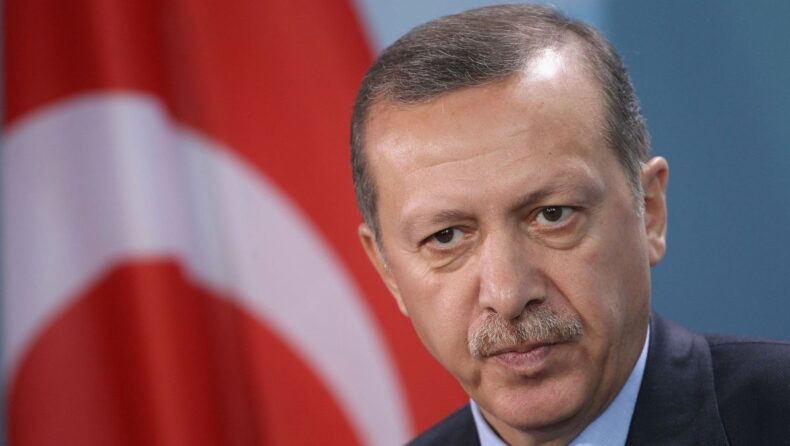Recep Tayyip Erodgan won the runoff election with 52.1% votes, while his rival Kemal Kilicdaroglu secured 47.9%.
Recep Tayyip Erodgan is the country’s longest-serving leader who will continue his government into 3rd decade by being the President for the 5th time as per the Turkey election results. Erdogan has maintained the support of conservative voters who are still committed to him for elevating Islam’s profile in the Turkiye, which was established on secular principles, and for expanding the nation’s role in international politics.
Erdogan, 69, has exhibited tenacity in the past and transformed his office into Turkey’s center of power. However, a cost-of-living problem and the aftermath of two catastrophic earthquakes had pollsters and the financial markets predicting a closer race. Erdogan’s response was to use the state media apparatus to split the opposition coalition and energize his conservative base.
Erdogan winning a third term will have much more local and international power, and the outcome will have an impact well beyond Ankara. Turkiye, which is situated at the nexus of Europe and Asia, is essential to NATO.
The first round of elections took place on May 14, and Erdogan, who has been in charge of Turkiye for 20 years, narrowly lost. This was the first election he didn’t win outright, but on Sunday, he made up for it.

Image Source: Sean Gallup/Getty Images
Changing economic conditions
According to economists, a change in monetary policy is unavoidable. Turkish policymakers considered Erdogan’s calls for extremely cheap borrowing costs, while central banks around the world increased interest rates in an effort to combat inflation. In response to more than 85% inflation, they reduced the benchmark rate by 550 basis points since last year.
Turkey has instead resorted to interventions and limiting banks’ access to the foreign currency market in an effort to maintain the stability of the lira. The current significant divergence between deposit rates and the benchmark is unsustainable, according to analysts.
Interest rates must increase regardless of Erdogan’s election, according to Ercan Erguzel of Barclays Plc, albeit more gradually than if Kilicdaroglu had won. By the end of this year, Erguzel predicted that the standard would increase from its current 8.5% to 36%.
According to Cagri Kutman, a Turkish markets specialist at London-based KNG Securities, the price of insurance against government default will keep rising. Erdogan would take care to ensure that the administration of the new economy has solid legitimacy, according to Kutman.

Image Source: Wikipedia-By Randam
Foreign policy
If Erdogan remains in office for another five years, Turkey is likely to assert its position as a vital defense against migrants heading to Europe. After obtaining a new extension two weeks ago, Erdogan will also try to maintain grain exports from the Black Sea.
According to those acquainted with the issue, the Turkish president also intends to promote peace in Ukraine while continuing to refrain from placing sanctions on Russia since Turkey thinks they are counterproductive.
The sources claimed that Erdogan would only consent to certify Sweden’s application to join NATO after examining how Stockholm is carrying out its brand-new anti-terrorism law, which will take effect on June 1.
Whether he will keep his word and continue the economic strategy that has resulted in a flight of foreign capital is currently the most important topic for investors. With President Vladimir Putin now waging war in Ukraine, the fate of Turkey’s delicate balancing act between NATO members and Russia is in the hands of world leaders.













